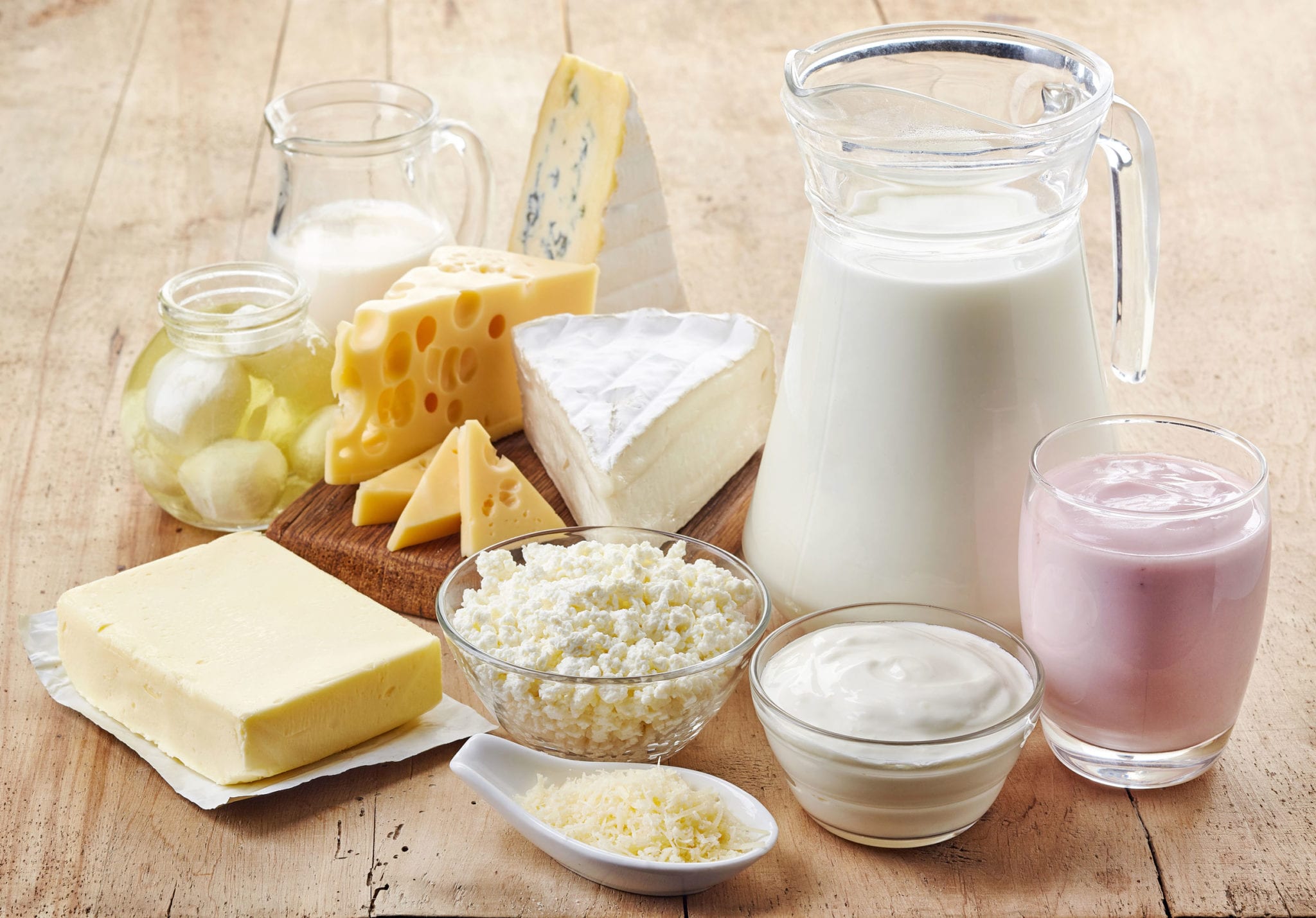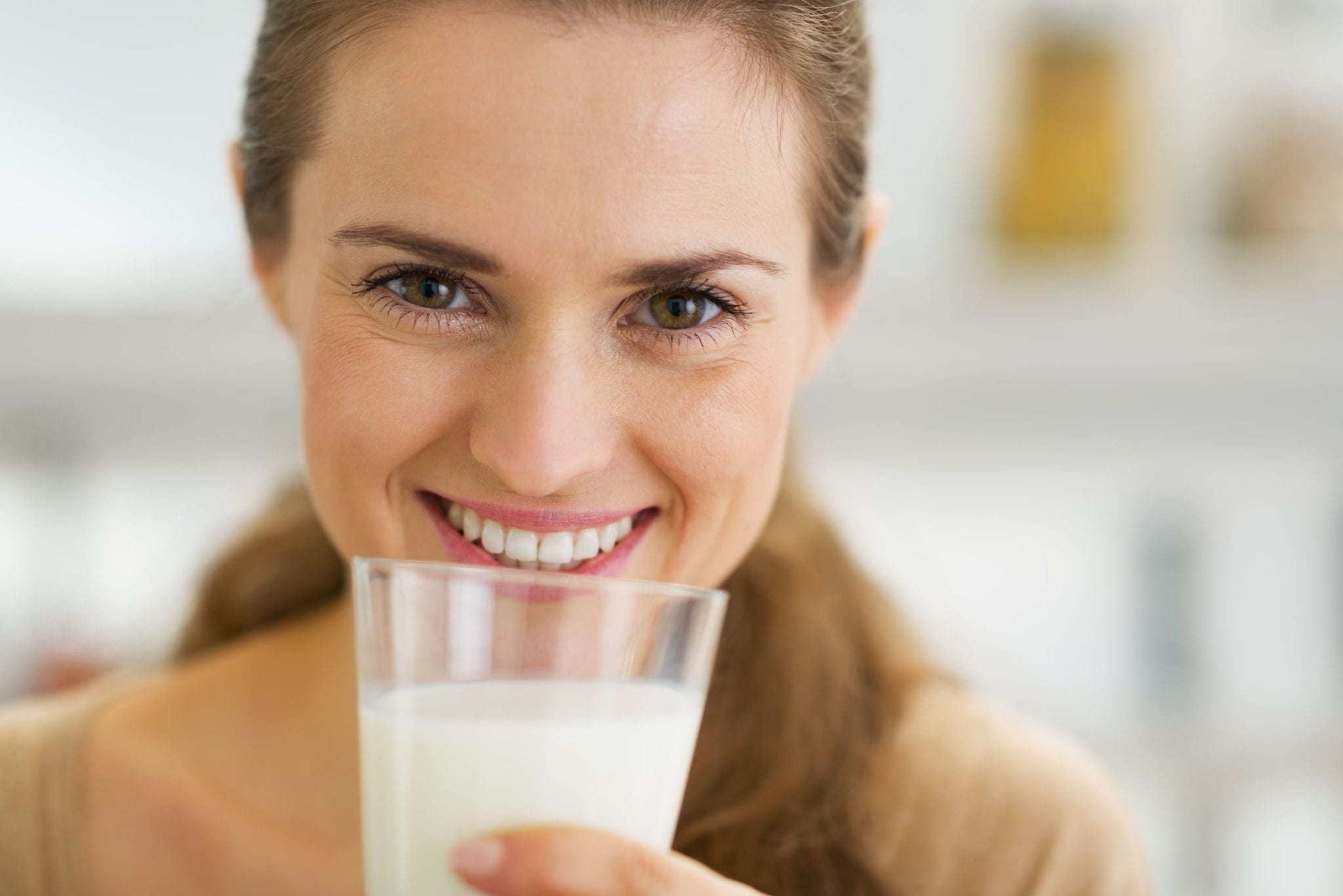
It’s no secret that your hygiene routine is a primary factor in maintaining your teeth. For the most part, drinking enough water with your food and brushing and flossing between meals can help you avoid tooth decay.
However, did you know that while some of the foods you consume invite cavities, others can actually help fight them? Dairy is one of them.
Today’s post covers some of the benefits (and potential drawbacks) the dairy products in your diet can have on your dental health.
Dairy Fortifies Your Teeth
While it’s not exactly the same material as bone, your teeth are pretty darn close. In fact, they’re actually stronger, made of the absolute hardest tissue in the entire body – dentin. Where does dairy come in? Products commonly contain three key nutrients that help fortify those tissues over a lifetime:
Calcium. Calcium is a key nutrient in maintaining both strong bones and those pearly whites. What’s more, the calcium in the milk you drink and the cheese and yogurt you eat actually mixes with the plaque that sticks to your teeth, neutralizing the effects of the acids it creates. Dairy products are the foods that are richest in calcium.
Vitamin D. Vitamin D is the nutrient your body utilizes in order to absorb calcium, which is why dairy products are often marked “fortified” with it. Typically, with normal levels of outdoor activity (20 minutes of sunshine a few times a week) and consumption of enough dark, leafy greens, you will get the Vitamin D you need. However, supplementing your dairy is a great way to ensure maximum calcium absorption.
Phosphates. Phosphates added to the dairy you consume are responsible a number of important oral balancing acts: maintaining pH stability, fortifying calcium content, and attracting proteins and minerals that would otherwise allow bacterial growth in the mouth.
Dairy Helps Keep Your “Pearlies” White
The remineralization process from Calcium, Vitamin D, and Phosphorus occurring with the dairy you eat and drink helps keep your teeth nice and bright.
Plus, chewing your cheese encourages saliva production, which is the body’s natural way of flushing food particles away from your teeth. Not only is this process of washing away food great for reducing bacteria, anything that might otherwise stain them won’t have the chance.
Dairy Drawbacks?
There aren’t very many drawbacks to the effects of dairy on your dental health, but a few specific situations may cause unwanted trouble.
While it’s true milk can provide temporary relief from stomach acid, the fat in it can actually stimulate acid production. If you suffer from heartburn afterward, try skim or low-fat milk to see if that helps. Lactose intolerance can leave you feeling acidy, as well.
Luckily there are plenty of lactose-free options on the market today. As far as the health of your teeth, when your stomach produces too much acid, in some instances it can wind up on your teeth, contributing to tooth decay over time.
Also, as with any food containing added sugars or starch, flavored dairy products like ice cream, fruit- or chocolate-flavored milks, and yogurts are likely to negate the benefits of these products. You’re better off sticking with a given dairy product in its most natural, additive-free, state.

Besides these special circumstances, the relationship between dairy products and your dental health can really be a secret weapon against an unhealthy mouth.






